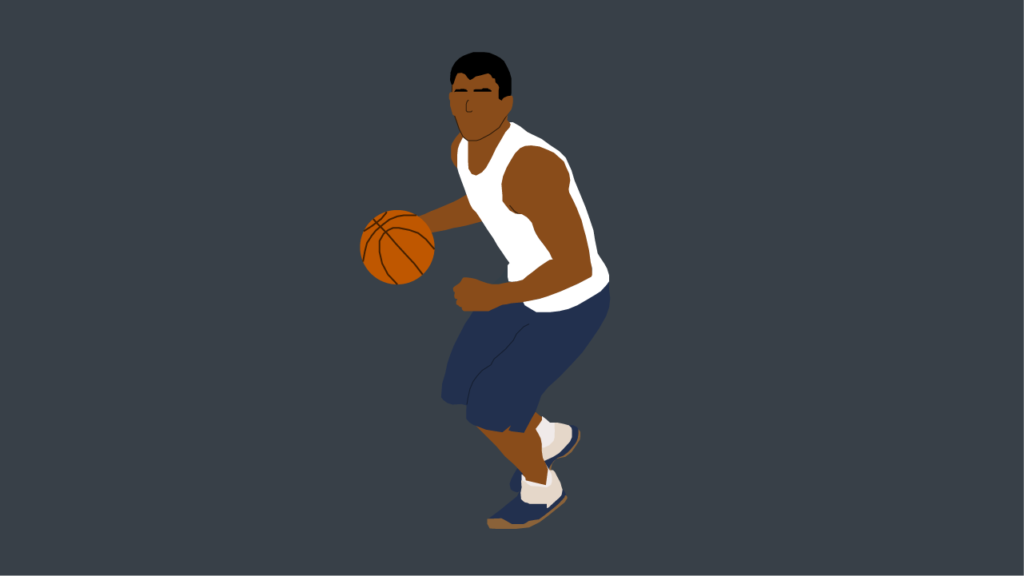The TIEMH Talks blog is a place for the Institute to join in on everyday, ongoing conversations about mental health happening across a variety of platforms.

What do the National Basketball Association and the Texas Institute for Excellence in Mental Health have in common?
A dedication to increasing the accessibility of quality mental health care, apparently.
The NBA recently announced some changes to League policies in the upcoming season that includes details about new mental health plans. The policies include: having at least one mental health professional on hand, identifying a licensed psychiatrist for the team, enacting a team action plan for mental health emergencies, and requiring attendance at a wellness meeting sometime in September.
Over the past couple of years, we’ve heard from basketball stars such as Toronto’s Demar DeRozan and Cleveland’s Kevin Love open up about the mental health struggles they faced – and how hard it was to break through the stigma to ask for help.
It’s admirable that Commissioner Adam Silver and the NBA have responded so supportively.
Although all aspects of the new plan aren’t necessarily finalized or public, we can’t help but hope the mental health providers assigned to each team are prepared for the unique needs of these elite athletes.
It is so important to integrate principles of Cultural and Linguistic Competence, or Responsiveness, in mental health resources and services. One of our key programs at TIEMH, the Texas System of Care, includes this principle in its core values.
Cultural and Linguistic Responsiveness refers to the ability for providers to reflect the cultural, racial, ethnic, and linguistic differences of the populations being served. Cultural and Linguistic Responsiveness is all about meeting someone where they are at to ensure they are receiving the highest quality of care possible.
It’s hard to come up with a more diverse subsection of the population than the players in the NBA. Take the Dallas Mavericks, for example. They have athletes from Australia, Slovenia, Germany, Serbia, Latvia, Tunisia, and Canada – as well as from all over the United States and Puerto Rico. Players’ ages range from 20 to 36 years old. Of the U.S.-born players, almost 100% are African American.
It’s an incredibly varied team, and just one example in a League full of diverse rosters.
It is critical that the team’s mental health provider be responsive to the distinct needs of each player as they relate to his culture, language, education, religion, or any other aspect that makes an individual who they are.
We look forward to seeing how the new NBA mental health policies play out in the 2019/2020 season, and hope the team providers are prepared to meet each player in their own court, so to speak.
Edited By: Cory Morris (MSW), Implementation Specialist with the Texas System of Care
You can read more about the Texas System of Care on our website.
For more information on Cultural and Linguistic Responsiveness, visit the Substance Abuse and Mental Health Services Administration’s website.


Leave a Reply